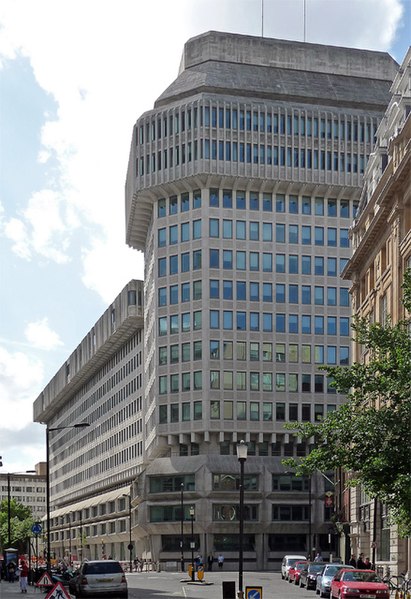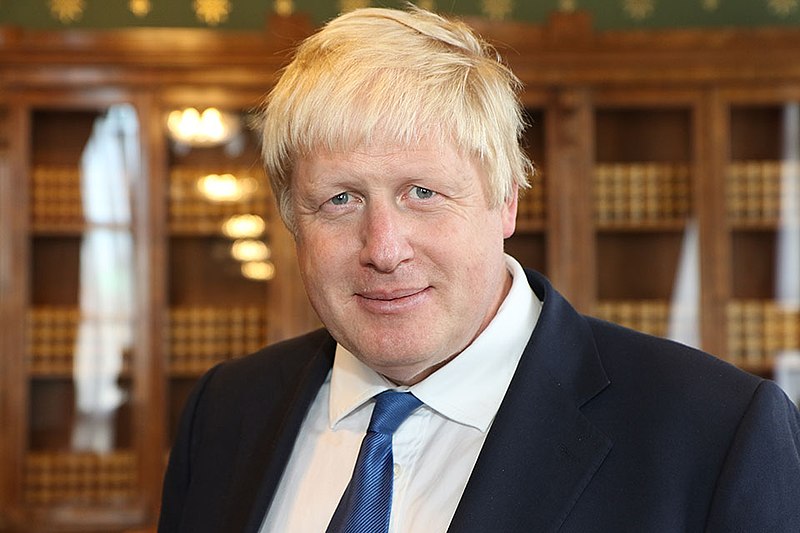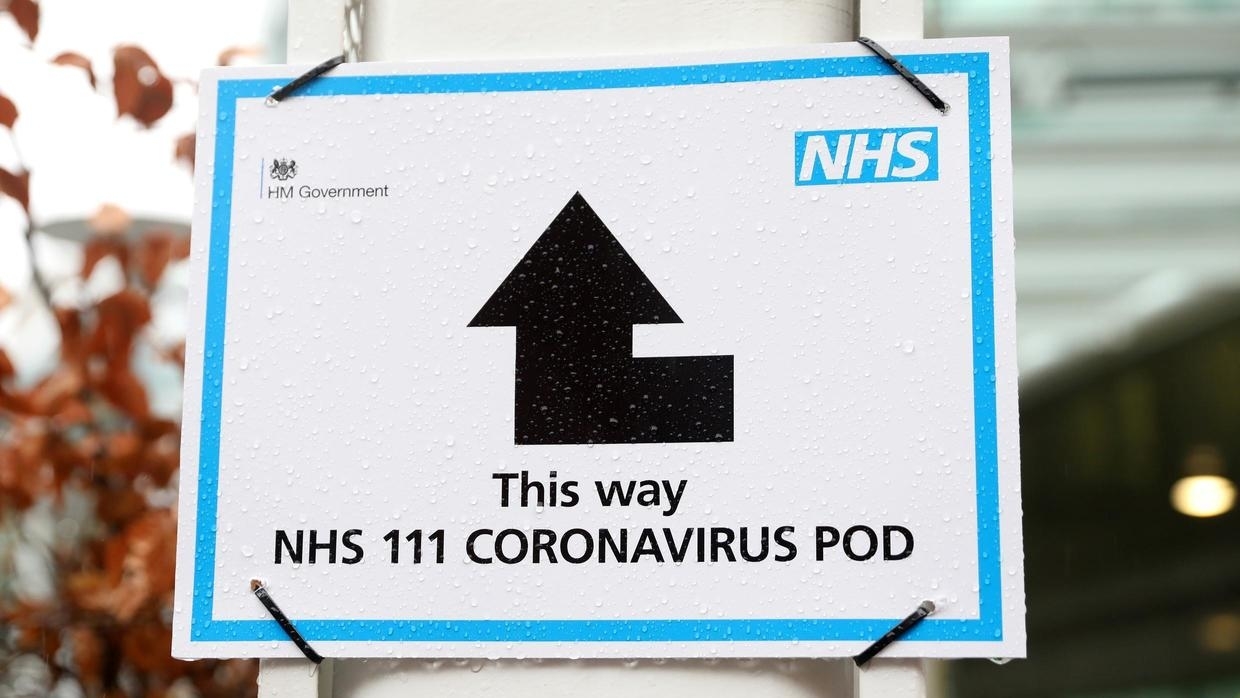
Ofcom has unveiled final rules aimed at protecting children from harmful online content—rules the regulator says will transform how tech companies operate.
Published on Thursday, the new guidelines are part of the Online Safety Act and require websites and apps to adopt strict protections for young users. These include using age verification tools—like facial recognition or photo ID checks—and adjusting algorithms to prevent exposure to illegal or harmful material, such as content related to self-harm, suicide, pornography, or eating disorders.
Ofcom’s child protection policy director, Almudena Lara, defended the new rules, calling them “completely transformational” and emphasizing that no tech company currently meets the standards now required.
Despite this, some campaigners argue the measures fall short. Andy Burrows, CEO of the Molly Rose Foundation, criticized the regulations for giving too much control to tech firms and missing key opportunities to enforce stricter protections.
However, Ofcom maintains the codes are just the beginning. They include 40 specific measures platforms must comply with by July. Failure to do so could result in fines up to £18 million—or 10% of global revenue—and, in extreme cases, UK access bans.
The NSPCC welcomed the move as a “major step forward” but said more needs to be done, especially around private messaging, where harmful content can spread unchecked. The group urged further regulation of end-to-end encryption and ongoing efforts to improve child safety online.
The government echoed this sentiment. A Number 10 spokesperson said the new rules are just the foundation of broader efforts to protect children and vowed to strengthen laws if necessary.
There are also concerns about how future trade deals, especially with the US, could affect the rules. Campaigners warn that big tech firms might seek exemptions via political pressure, potentially undermining UK regulations.
Peter Kyle, Secretary of State for Science, Innovation and Technology, pushed back against those fears, stating that companies like Meta and X (formerly Twitter) must follow British law if they want to operate in the UK. Photo by Jim Linwood, Wikimedia commons.






























































